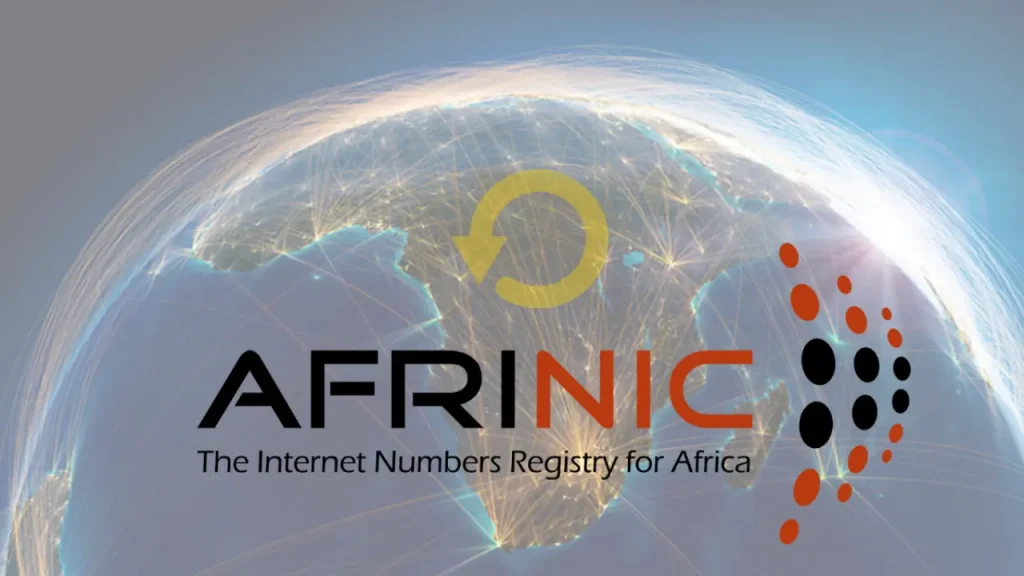- AFRINIC’s governance crisis and election annulment spark renewed debate.
- Stakeholders call for clearer rules and the balance of power in internet governance.
AFRINIC’s collapse triggers questions over oversight
AFRINIC, the African Network Information Centre, continues to face severe governance failures, most recently exemplified by the annulment of its 2025 board election over a single proxy dispute. This incident, which resulted in the discarding of valid votes, has reignited scrutiny over the registry’s ability to uphold fair and democratic processes, further eroding trust within the African internet community.
As a result, AFRINIC has now been designated a “declared company” by the Prime Minister of Mauritius, effectively stripping its autonomy and placing it under court control. Allegations of leadership misconduct and institutional dysfunction have left the organisation paralysed, with critical decisions and services stalled. The governance vacuum has prompted calls for radical intervention, with Cloud Innovation—AFRINIC’s third-largest member—leading a formal push for its dissolution and the urgent creation of a successor RIR.
Also Read: New ICANN CEO Kurtis Lindqvist and his global power grab
Also Read: Mauritian court to hear AFRINIC liquidation petition amid governance crisis
Lindqvist’s growing influence fuels concern over balance of power
In the midst of AFRINIC’s collapse, Kurt Lindqvist has emerged as a central figure in shaping what comes next. His recent efforts to update the ICP‑2 compliance framework and personally weigh in on AFRINIC’s eligibility are drawing scrutiny. Critics argue that one individual having such a decisive hand in the process risks shifting too much authority away from the multistakeholder model traditionally valued in internet governance.
Concerns deepened after reports surfaced of Lindqvist’s legal counsel visiting AFRINIC’s offices while the court‑appointed Official Receiver was away — an incident some observers viewed as an overstep. Stakeholders now debate whether Lindqvist’s increasingly hands‑on role could set a precedent for bypassing regional processes and eroding confidence in local autonomy.
Cloud Innovation’s call for a ‘reset’
Cloud Innovation has voiced support for moving toward derecognition of AFRINIC, but insists this can only happen if a neutral, competent successor RIR is immediately appointed. For many in the industry, the debate now centres on one critical issue: should RIRs operate independently, or is external guidance needed when governance breaks down?
With trust eroding and Africa’s digital future on the line, the balance between regional autonomy and personal influence — and the weight of decisions made by key figures like Lindqvist — will shape the next chapter of internet governance.

